Service Autoconfiguration Using Attributes¶
Contributed by
Nicolas Grekas
in #39804.Service autoconfiguration allows to automatically apply certain configuration to your services, based on your service’s class. This is useful for example to apply certain service tag to classes that implement some interface (e.g. when you create a class implementing Twig\Extension\AbstractExtension, Symfony applies the twig.extension tag to it so you can use it without configuring it). PHP attributes are one of the best new features introduced in PHP 8. They allow to add machine-readable metadata to your code. That’s why in Symfony 5.3 we’ve combined both to allow autoconfigure services using PHP attributes. In previous Symfony versions, you could add the following to your kernel or dependency injection extension: 1 2$container->registerForAutoconfiguration(SomeInterface::class) ->addTag('app.some_tag'); In Symfony 5.3 you can remove this configuration if you like and use instead the
[Autoconfigure] attribute on the PHP interface:
1 2 3 4 5 6 7 8 9 10# src/SomeNamespace/SomeInterface.php namespace App\SomeNamespace; use Symfony\Component\DependencyInjection\Attribute\Autoconfigure;
[Autoconfigure(tags: ['app.some_tag'])]
interface SomeInterface { // ... } In addition to tags, you can autoconfigure other service properties, such as method calls, service configurators, whether the service is public/shared/lazy, etc. Autoconfigurable Attributes¶
Contributed by
Alexander M. Turek
and Nicolas Grekas
in #39897,
#40234
and #40556.A different but related feature introduced in Symfony 5.3 allows you to use PHP attributes to autoconfigure instances of classes instead of interfaces. For example, in previous Symfony applications your configuration had to include the following about controllers: 1 2 3 4 5# config/services.yaml App\Controller\: resource: '../src/Controller/' tags: ['controller.service_arguments']
...
This was necessary to apply the controller.service_arguments tag to all the services whose classes where stored in the src/Controller/ directory of your application (this tag allows autowiring the arguments of all controller methods, not only its constructor). In Symfony 5.3 you can remove that configuration if you like and apply instead the following attribute to all your controllers that need that feature: 1 2 3 4 5 6 7 8// src/Controller/MyController.php use Symfony\Component\HttpKernel\Attribute\AsController;
[AsController]
class MyController { // ... } These attribute names follow the pattern #[As...]. Symfony 5.3 provides
[AsCommand] to define a PHP class as a Symfony console command,
[AsEventListener] to define a PHP class as a Symfony event listener, etc.
Note that you don’t need to add these attributes when upgrading to Symfony 5.3. They are an optional way of achieving the same that you get when using autoconfigure: true in config/services.yaml in your current applications.
Sponsor the Symfony project.Accedi per aggiungere un commento
Altri post in questo gruppo
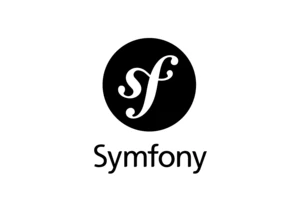
This week, Symfony unveiled the Symfony AI initiative, a set of components and bundles designed to bring powerful AI capabilities directly into your PHP applications. In addition, we published travel
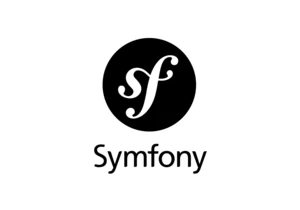
Today we are happy to announce a new Symfony initiative called Symfony AI - with the goal to provide a comprehensive set of components and bundles designed to bring powerful AI capabilities directly i
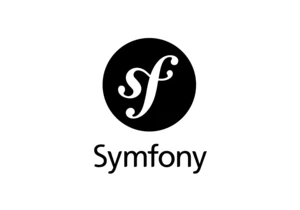
SymfonyCon Amsterdam 2025, our next annual international Symfony conference, will take place on:
November 25 & 26: 2 workshops days with several topics to learn, practice and improve your skills
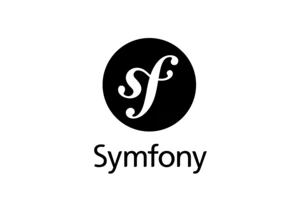
This week, development on the upcoming Symfony 8.0 version continued with the removal of deprecated features and the marking of several classes as final. In addition, we published two new case studies
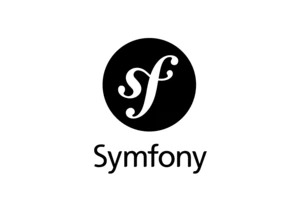
At Wide, Micropole’s digital agency, they help leading brands modernize their digital infrastructures while ensuring scalability, security, and performance. When Audi France approached them to migrate
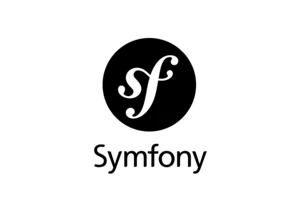
Vente-unique.com, a leading European online retailer of furniture and home decor, operates in 11 countries, powered by a team of 400 professionals and serving more than 3 million customers. From 15 ye
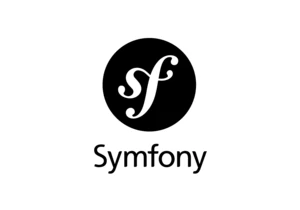
This week, Symfony 6.4.23, 7.2.8 and 7.3.1 maintenance versions were released. Meanwhile, the upcoming Symfony 7.4 version continued adding new features such as better controller helpers, more precisi
